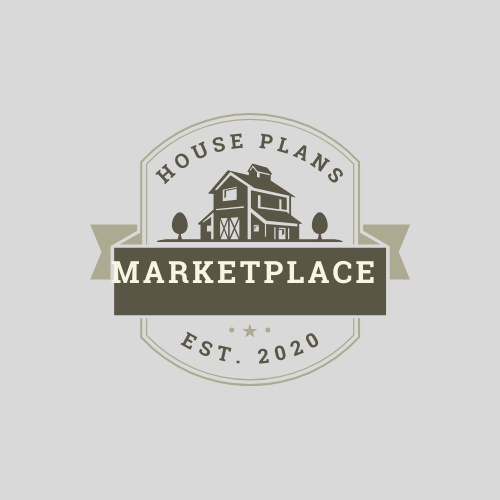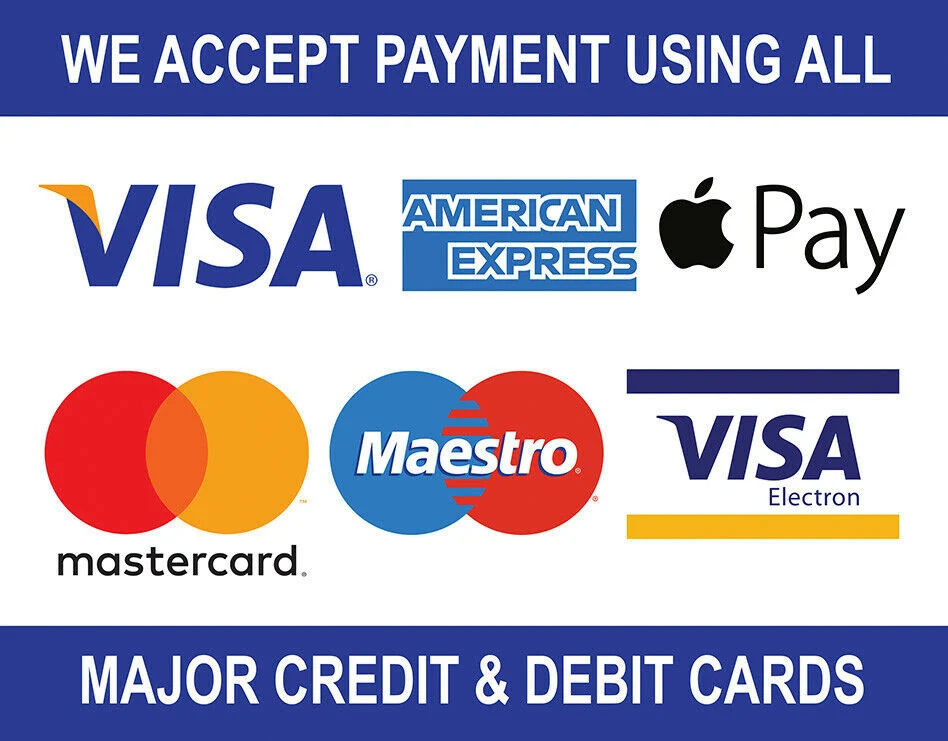Looking to build a solid foundation? Curious about the cost? Well, let’s dive into the world of concrete slabs and uncover the answer to the burning question: “How Much Does a 24×30 Concrete Slab Cost?” So, grab your hard hat and join me on this concrete adventure!
Ahoy, future architects and construction enthusiasts! Today, we’re setting sail on a quest to estimate the financial anchor of a 24×30 concrete slab. Don’t worry, we won’t get lost in a sea of numbers. I’ll guide you through the process with ease and simplicity, like a trusty navigator leading us to buried treasure.
Are you ready to uncover the secrets of concrete slab pricing? Fantastic! We’ll embark on a journey of discovery, learning the ins and outs of costs, materials, and labor. By the time we’re done, you’ll be equipped with the knowledge to make informed decisions and set sail towards your concrete dreams. Anchors aweigh!
Looking to build a 24×30 concrete slab but need to know the cost? The price of a concrete slab depends on various factors such as location, materials, and labor. On average, expect to pay around $3,500 to $5,000 for a slab of this size. To get an accurate estimate, contact local contractors and request quotes. Keep in mind that additional costs may apply for site preparation and any special requirements.

How Much Does a 24×30 Concrete Slab Cost?
Concrete slabs are an important foundation for many construction projects, providing a durable and stable base for buildings, garages, and outdoor structures. If you’re planning to install a 24×30 concrete slab, it’s essential to understand the costs involved. In this article, we’ll explore the various factors that affect the cost of a concrete slab of this size and provide you with a comprehensive guide to help you budget for your project.
Factors Affecting the Cost of a 24×30 Concrete Slab
Several factors influence the cost of a 24×30 concrete slab. Understanding these factors will help you estimate the expenses accurately and plan your budget accordingly. Here are the key factors to consider:
1. Site Preparation
The first step in installing a concrete slab is preparing the site. This includes clearing the area, grading the soil, and making sure it’s sufficiently compacted. The cost of site preparation can vary depending on the condition of the site, accessibility, and any additional work required, such as removing existing structures or tree roots. It’s important to assess the site thoroughly and factor in the cost of site preparation when budgeting for your project.
2. Concrete Thickness and Quality
The thickness and quality of the concrete will significantly impact the cost of your 24×30 slab. Generally, a thicker slab will cost more since it requires more concrete. The quality of the concrete, denoted by its strength and durability, also plays a role in the cost. Higher-quality concrete mixtures tend to be more expensive but offer greater longevity and performance. Consulting with a contractor or concrete supplier will help you determine the appropriate thickness and quality of concrete for your specific project.
3. Labor and Equipment
The cost of labor and equipment is another significant factor to consider when estimating the cost of a concrete slab. Labor costs can vary depending on the location, the complexity of the project, and the experience of the workers. Additionally, the type and amount of equipment required, such as concrete mixers, compactors, and finishing tools, will impact the overall cost. It’s essential to obtain multiple quotes from reputable contractors to compare prices and ensure you’re getting a fair deal.
4. Finishing and Accessories
Finishing touches and accessories, such as sealants, decorative stains or patterns, and additional features like steps or borders, can add to the final cost of your concrete slab. These optional extras can enhance the aesthetic appeal of your project but will incur additional expenses. Consider your desired level of customization and consult with your contractor to determine which finishing elements and accessories are worth the investment for your specific needs.
Benefits of a 24×30 Concrete Slab
Installing a 24×30 concrete slab offers several benefits, making it a popular choice for a variety of construction projects:
1. Versatility
A concrete slab of this size provides ample space for various constructions, such as garages, workshops, or storage sheds. The size allows for flexibility, accommodating multiple uses and functions.
2. Durability and Stability
Concrete slabs are renowned for their durability and stability. They can withstand heavy loads, impact, and adverse weather conditions, providing a long-lasting foundation for your structures.
3. Low Maintenance
Once installed, a concrete slab requires minimal maintenance, saving you time and money in the long run. Regular cleaning and occasional resealing are usually all that’s needed to keep the slab in optimal condition.
4. Cost-Effectiveness
In comparison to other foundation options, such as basements or crawl spaces, a concrete slab is often a more cost-effective choice. It requires less materials and labor, resulting in potential cost savings.
Considering Other Sizes for Concrete Slabs
In addition to the 24×30 concrete slab size, there are several other dimensions to consider when planning your project. Each size has its own unique benefits and considerations:
1. 20×20 Concrete Slab
A 20×20 concrete slab is a smaller option suitable for projects like outdoor patios, garden sheds, or small storage spaces. It offers adequate space while being more budget-friendly.
2. 30×30 Concrete Slab
A 30×30 concrete slab provides a larger area for projects like detached garages, workshops, or even small houses. Its increased size allows for more customization and functionality.
3. 40×40 Concrete Slab
A 40×40 concrete slab is a substantial foundation suitable for larger structures like warehouses or commercial buildings. It provides ample space and can accommodate heavy machinery or equipment.
Tips for Budgeting Your Concrete Slab Project
1. Get Multiple Quotes
Obtaining multiple quotes from different contractors will help you compare prices and ensure you’re getting the best deal for your concrete slab project.
2. Plan for Contingencies
It’s always advisable to budget for unforeseen expenses or unexpected changes in the project. Set aside a contingency fund to accommodate any surprises that may arise.
3. Choose the Right Contractor
Selecting a reliable and experienced contractor is crucial to the success of your concrete slab project. Research their credentials, check reviews, and ask for references to ensure their expertise and professionalism.
4. Consider Long-Term Costs
While it may be tempting to cut costs by opting for lower-quality materials or skipping certain features, it’s essential to consider the long-term costs. Investing in quality materials and finishes may save you money on repairs or replacements down the line.
Conclusion
Understanding the factors that influence the cost of a 24×30 concrete slab is crucial for planning and budgeting your project. By considering site preparation, concrete thickness, labor and equipment, and finishing touches, you can estimate the expenses accurately. Additionally, exploring the benefits of a 24×30 concrete slab and considering other size options provides a comprehensive understanding of this popular foundation choice. Remember to follow the budgeting tips provided and consult with professionals to ensure a successful and cost-effective concrete slab project.
Key Takeaways: How Much Does a 24×30 Concrete Slab Cost?
- A 24×30 concrete slab typically costs around $3,500 to $6,000, depending on various factors.
- Factors that affect the cost include the thickness of the slab, site preparation, labor costs, and geographical location.
- Additional costs may include permits, excavation, reinforcing materials, and finishing techniques.
- It’s important to get multiple quotes from contractors and compare them to ensure you’re getting a fair price.
- Proper maintenance and care of the concrete slab can help extend its lifespan and prevent costly repairs in the future.
Frequently Asked Questions
Are you curious about the cost of a 24×30 concrete slab? Look no further! We’re here to answer your burning questions.
1. What factors influence the cost of a 24×30 concrete slab?
The cost of a 24×30 concrete slab may vary depending on various factors. The main factors include the location, thickness of the slab, labor costs, decorative finishes, and any additional features like plumbing or electrical work. Each of these factors can affect the overall cost, so it’s essential to consider them when budgeting.
Additionally, market conditions and the availability of construction materials in your area can impact the cost. It’s best to consult with a local contractor for a more accurate estimate based on your specific circumstances.
2. Is it more cost-effective to hire a professional or DIY a 24×30 concrete slab?
While DIY projects can be rewarding, it’s generally recommended to hire a professional for a 24×30 concrete slab. Pouring concrete requires specialized knowledge and equipment to ensure a structurally sound and durable result. Professionals have the expertise to handle formwork, site preparation, concrete mixing, pouring, and finishing.
Mistakes in DIY concrete projects can be costly to fix later, and the risk of structural issues or uneven surfaces is higher without the proper skills and equipment. Hiring a professional may incur upfront expenses, but it can save you time, effort, and potential headaches in the long run.
3. How much does a 24×30 concrete slab typically cost?
The cost of a 24×30 concrete slab can vary depending on the location and other factors previously mentioned. On average, you can expect to spend around $4,500 to $6,000 for a basic 24×30 concrete slab. However, keep in mind that this is just a rough estimate, and prices may differ significantly depending on your specific circumstances.
It’s essential to request quotes from local concrete contractors to get a more accurate cost evaluation. They will consider your location, site conditions, the complexity of the project, and any additional features you may require in their estimate.
4. Are there any additional costs beyond the base price for a 24×30 concrete slab?
Yes, there might be additional costs beyond the base price for a 24×30 concrete slab. These additional costs can include permits, excavation, reinforcing materials like rebar or wire mesh, drainage systems, and decorative finishes. If you plan on adding electrical or plumbing features, there will be additional expenses for those installations as well.
It’s crucial to discuss all the potential costs with your contractor during the planning phase to avoid any surprises during construction. They will be able to provide a comprehensive breakdown of the expenses you should anticipate.
5. Can I save money on a 24×30 concrete slab by using cheaper materials or decreasing the thickness?
While it might be tempting to cut costs by using cheaper materials or decreasing the thickness of the concrete slab, it’s generally not recommended. The thickness of the slab is crucial for ensuring its structural integrity and durability over time. Using thinner concrete may result in a weaker slab prone to cracking or sinking.
Additionally, it’s essential to use high-quality materials that meet industry standards. Trying to save money on materials could compromise the strength and longevity of your slab, leading to costly repairs or replacements in the future. It’s best to consult with a professional who can guide you on the appropriate materials and thickness required for your specific project.
How much does a concrete slab cost?
Summary
Building a concrete slab for your project requires some careful planning and budgeting. The cost of a 24×30 concrete slab will depend on several factors, including the quality of materials, labor costs, and any additional features you might want to add.
To get an accurate estimate, consider reaching out to local contractors or using cost calculators online. Remember to account for potential extra expenses, such as excavation or reinforcement, to ensure your project stays within budget. With proper research and preparation, you can have a sturdy and long-lasting concrete slab that fits your needs.

